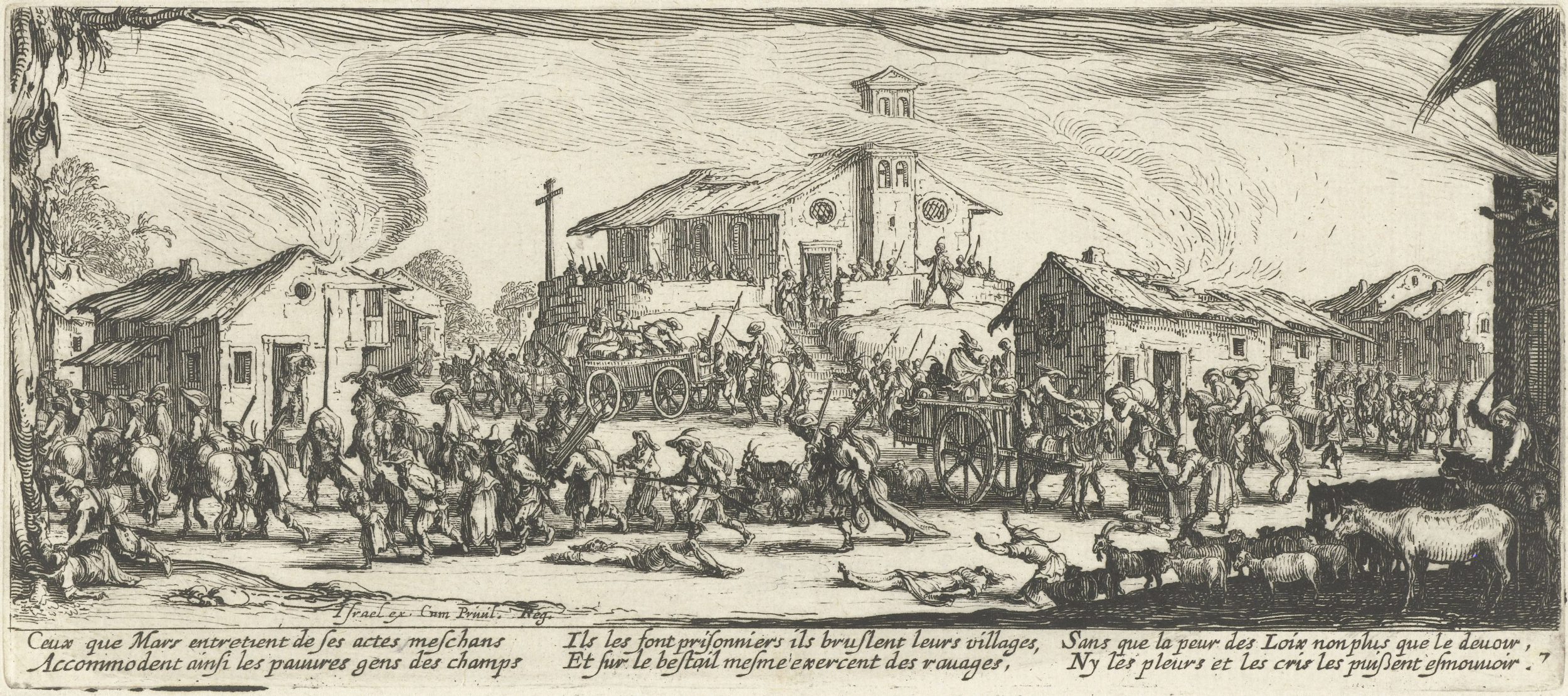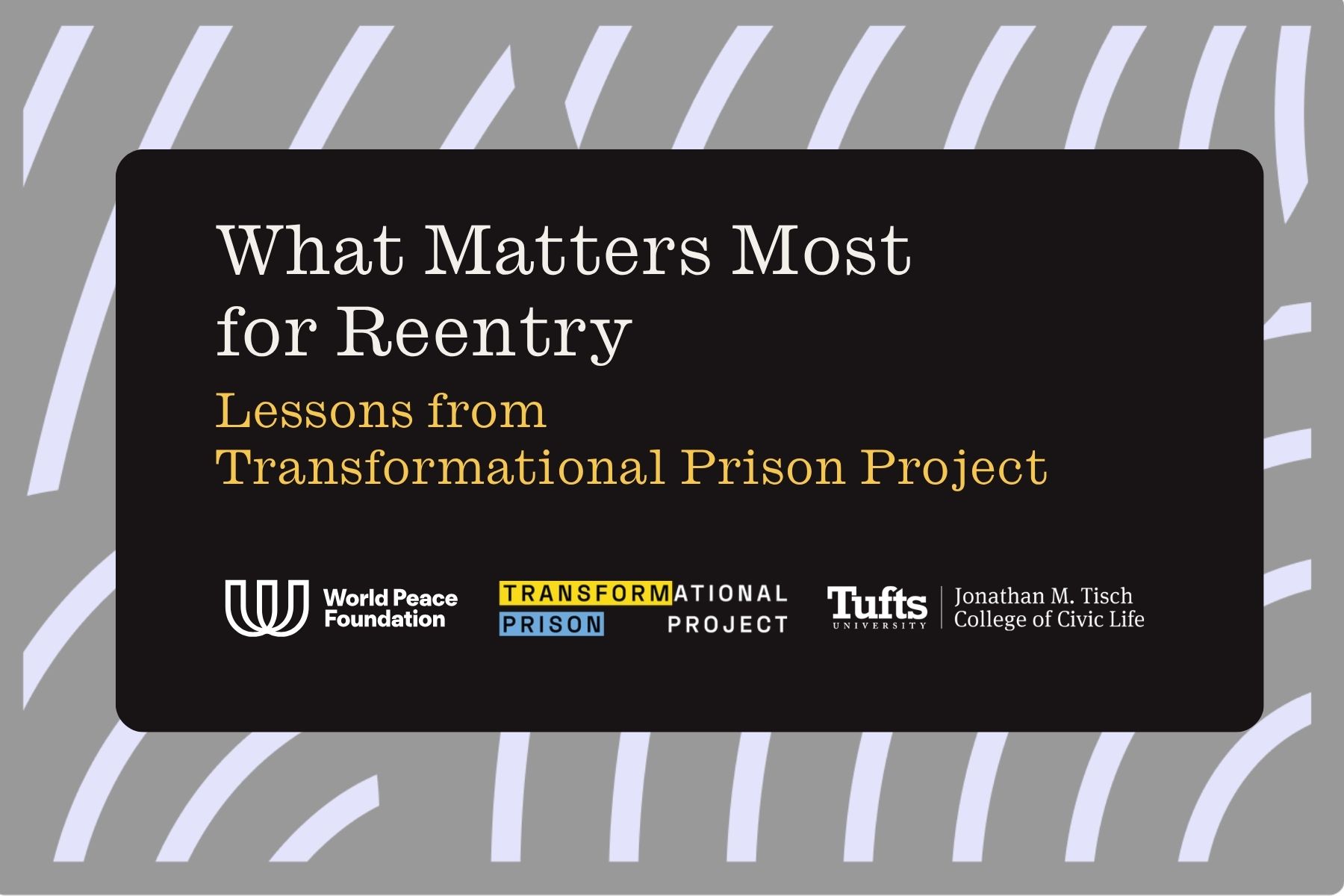This is part three of a three part articles; part one and part two are also available.
Issues in Governance
What can be done to stop web-based violence and harassment of women artists? How can the government of Pakistan regulate this online lawless space with almost 50 million Internet users; mainly a wayward crowd browsing and commenting senselessly and shamelessly? Fake identities make all this quite complicated.
Pakistan has a few laws and regulations in place. For example, Prevention of Electronic Crimes Act 2016 is relevant here. The Federal Investigative Agency (FIA) has a key role in controlling cybercrime, but it has limited capacity. The 2016 Act applies on all Pakistanis. It recognizes that individuals and groups can damage each other due to ‘dishonest intentions’ defined as: ‘intention to cause injury…to harm any person or to create hatred or incitement to violence’. However Para 9 and 10 of this Act note terrorism, racism, and sectarianism as the considered problematic contexts. Point being, Act 2016 does not associate these ‘dishonest intentions’ with any online trolls indulging in women’s harassment including inciting violence against women artists by asking an online community to rape and throw acid at them.
Regardless, the Act does provide certain safeguards to Pakistani women. For example Para 20, 21 of the Act notes offences against ‘dignity of a person’. Among other things the focus is on attempts to harm the reputation of a person, create hate, blackmail through texts and messages (Sub para xix of the Act) and other forms defined in Pakistan Telecommunication (Reorganization) Act, 1996 (XVII of 1996. Para 21 specifically focuses on criminal sexualization of a person through doctored videos and images (i.e. the emphasis is not on sexually objectifying comments but images/videos). Cyber-crime involving offences against modesty of a natural person (and minor) are all non-bailable, and punishable by imprisonment and fine.
Notwithstanding Para 37 of the Act complicates matters. The State of Pakistan reserves the right to take action on anything that it consider is against Islam and/or Pakistan. The word ‘morality’ has been used in the Act but has been left undefined. Here, young women artist on social media need to make a conscious decision regarding the presentation of ‘self’ in a State that is officially an Islamic Republic, even though not a theocracy. At times artists post images and videos that, depending on who Pakistan’s political administration of the time is, can get these artists in serious trouble as per Para 37 of the Act (and that is where the trolls win; the Disciplinarians in particular).
Therefore some responsibility rests with Pakistani women artists too who should be aware of the laws of the land; those that can provide safeguards to them but also those that can get them into trouble. The FIA has provided detailed recommendations regarding online conduct on its website. For example FIA advises not to disclose any personal information and activities online. Notwithstanding, almost all women artists with Instagram and other social media accounts make themselves vulnerable by regularly providing updates on themselves and their families. A few artists are also involved into mild levels of spoofing i.e. spreading information that is not true. Perhaps this is done in complete ignorance of the laws of the land. Indeed it is careless of such artists to provide Pakistani official authorities any reason to apply clauses against them before invoking those that safeguard them against trolls/ cyber bullying and harassment.
Conclusion
Fame allows artists to act in dismissive ways. I insist that women artists, in and outside Pakistan, should never dismiss their online harassment or downplay it as doing so would catalyze the problem. As revealed in this article trolls may represent misogynistic mindsets and while responding to their hate speech it is important for women artists to condemn them in clear terms in the best interest of women in general. It is important for these artists to recognize that web-based violence against them is not restricted to them alone – but targets all women. There is a reason why feminist movement is universal and it is important for women artists who are victims of online harassment to recognize this.
Even though Pakistani women artists must start acting more responsibly yet mainly it remains the State and government’s responsibility to provide and supply technology and digital solutions against virtual harassment of women artists enabling them to perform their job effectively and without mental stress. This misogyny led defaming and stigmatization by random individuals has to be blocked officially through all four pillars of the state. Policies need to be in place to control online trolls. Simultaneously, the government of Pakistan must clearly recognize that its women artists have a right to uphold their occupational identity without getting stigmatized in the process.


